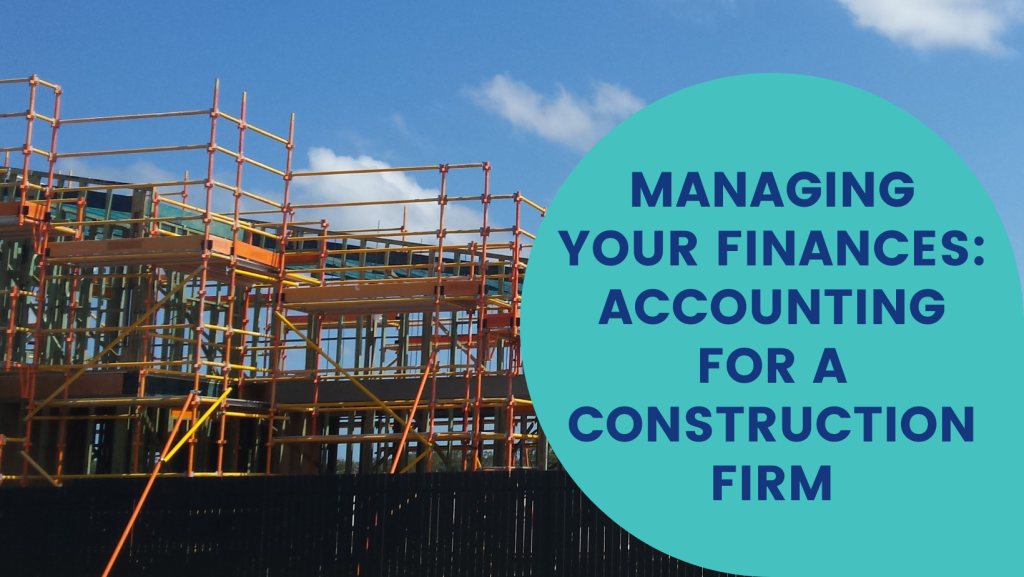In any type of industry, one of the keys to success is good accounting. After all, money is the lifeblood of an organization, and business owners must always work towards profits that are larger than expenses. This leaves more money for investment, expansion, and rewards!
Construction firms in particular must ensure healthy cash flows. They often work with expensive equipment, and repairing and replacing these assets is only possible with enough money in the bank. As your business grows, maintaining a good accounting strategy may get more complicated. This is why knowing how to handle these tasks is crucial.
Just like any other industry, a construction company needs to ensure that its books are up-to-date. There are some key differences between regular accounting and accounting for a construction business, and this blog post will teach you how to handle your books in order to succeed in this business.
Managing Your Finances: Accounting for a Construction Firm
1. Never Neglect Your Taxes
The first thing you need to do is to read up on how to do basic accounting and take this process seriously. Keeping receipts, noting down expenses and keeping track of how much you are spending will make it easier for you to put in all the information you need when tax season comes around.
2. Plan Ahead
It is essential for you to look at the bigger picture when you make your accounting plan. Fully understanding your budget, expenses, scope of work and upcoming schedule will help you devise and create an effective budget and accounting plan.
3. Avoid Underbilling
Underbilling is a common problem that occurs in the construction industry. If you do not present an accurate budget and estimate to your client before the project is started, you may not earn the profits that your team deserves. There’s nothing wrong with charging it to experience if it happens once or twice, but if you find that underbilling happens quite frequently, your business will be at risk of going under. Learn how to relay accurate quotes and bill for the fair work you’ll be doing.
4. Do Not Delay Charge Orders
Ensuring that your charge orders are always updated will help you stay on top of your cash flow. Remember that one of the biggest weaknesses of new businesses is poor cash flow. The potential for money in the future does not mean you can afford to turn little profits now! Delaying charge orders may result in you not being able to meet all the demands and requirements that your clients need. There are many problems that may arise because of insufficient cash flow, this is why you want to avoid this from happening at all costs.
5. Request for Deposits
Since you will be doing a long term project for your client, it is normal for you to ask for a deposit before you begin work. In the construction industry, a 10-15% deposit is expected and will not be surprising to clients.
Conclusion
Although there may be some similarities between regular accounting and accounting for construction businesses, the key differences mentioned above are critical points to keep track of to ensure that a business owner is able to constantly stay on top of their finances. Making sure that you always have enough cash on hand to cover all your expenses will help you succeed as a construction firm and help you grow as a business.
If you need assistance for your accounting as a construction company, working with a reliable business accounting firm like Wardle Partners Accountants and Advisors is the way to go! We have the best business accountants in the Sunshine Coast ready to help you with all business accounting, tax, self managed superannuation fund and bookkeeping matters while making sure we get the best possible outcome for our clients. Call 07 5492 0300 to set up an appointment today!



